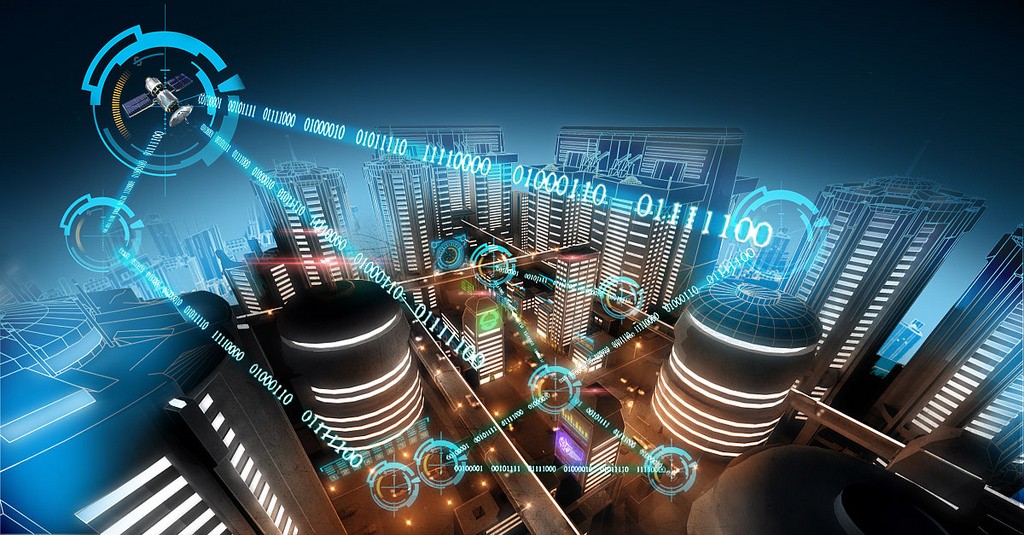What do you think when you hear the words “Smart Cities”? It is difficult not to start piecing together every scene from every fantasy movie you have ever see. In reality smart cities are a lot more intricate. Integrating multiple communications and information technologies along with solutions from the Internet of Things (IoT). One of the emerging technologies may just begin to include Lenseless Smart Sensors (LSS).
LSS offers a revolutionary approach to the way that we see things. Instead of a traditional optics, LSS uses tiny, inexpensive diffractive gratings, eliminating the need for expensive lenses. The light that passes through the grating is spread across the sensor and forms an information-rich “spot”. Devices that are able to use LSS can analyse this “spot” to sense changing patterns in the light and its surroundings.
LSS are very smart in the way they work. By sensing changes in light LSS view a concrete building as more than just what can be seen by the naked eye. Equipped with smart technology that can understand movements and patterns in those it is observing. The resulting actions by the analysis of this data has endless applications when it comes to heating, lighting and security. Even adjusting traffic lights according to the flow of traffic or more aesthetic applications like lighting in a restaurant. LSS offer more privacy than the conventional camera we have now, whilst the data collected gives us a deeper insight to the way we live our lives.
A large scale roll-out of smart city technology is far from being ready. The costs are the predominant issue however it is still unclear what officials are wanting to achieve with the data collected. The most likely next step will involve a minor roll-out across beta-cities so that it can be established what data can be used to implement change and will also identify any technical problems. It is likely that we will see LSS available in our homes in the near future, with many applications already available for us to be able to control our heating when we are out of the house, to be able to include LSS we will be able to automate these applications based on the data that has been collected. Once successful LSS would be available to offices and then eventually complete cities. This staggered roll-out will give users time to adjust to the technology and iron out any bugs.
LSS has the capability to allow our environment to sense us, interact with us and adapt to our requirements. Smart cities are not here yet, but will be with us in the near future. They are already beginning to emerge around us. The question then will not be how we collect the data but which applications this data can be used.

